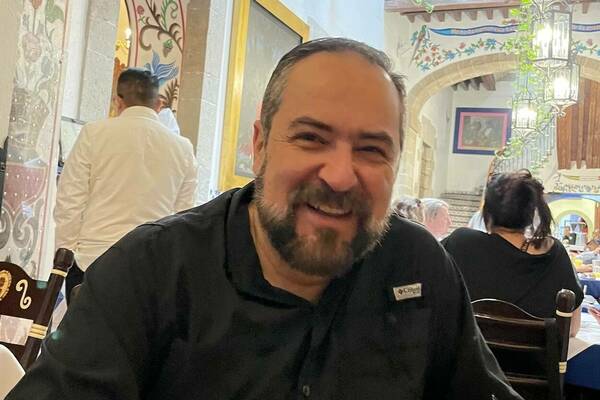Tarryn Chun’s research provides backstage access to explore technological advances as well as social, political, cultural, and economic forces at work behind the scenes of Chinese theatre productions.
“I like to reveal what's unseen,” said Chun, an assistant professor in the Department of Film, Television, and Theatre at the University of Notre Dame. “It's another way of thinking about giving voice to what is unvoiced.”
Chun does just that in her 2024 book, Revolutionary Stagecraft; Theater, Technology, and Politics in Modern China, by tracing how technological advances in iconic performances from the 1920s to the 1970s — including the representation of a nuclear bomb detonating onstage — have influenced the aesthetics of theatre and how Chinese artists conceive of the theatre as a political tool.
“We see a kind of fantasy of technological control. The idea that if you make the light the exact right shade of bright red, it will galvanize political feeling in the audience,” Chun said. “I look at this dynamic between envisioning how a technology might be used on stage and how it was actually put into practice.”
In 2022, she won a National Endowment for the Humanities fellowship for her current book project, “Spectacle in Excess in Global Chinese Performance.” In it, she examines recent large-scale displays and performances — including the 2008 Beijing Olympics Opening Ceremony — from the People's Republic of China, as well as Taiwan and the global diaspora.
Their striking aesthetics connect to China's emphasis on technological research and development, she said, as well as to the state's interest in using the arts as a form of persuasion and social control.
Notre Dame is a fantastic place to conduct her research, said Chun, a Public Intellectual Program Fellow who works to improve understanding and cooperation between China and the United States.
She said the University and the College of Arts & Letters both place an emphasis “on the international way of thinking both about the hyperlocal, and how we connect to the bigger world around us.”


